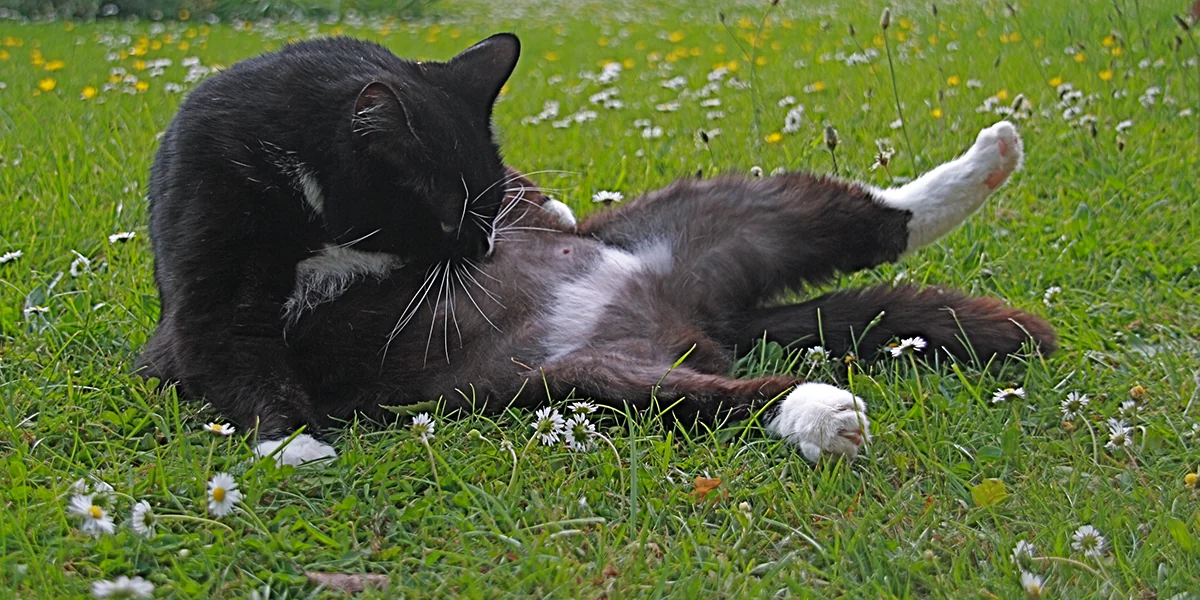No products in the cart.
Blog
8 Warning Signs Your Pet Might Be Sick
Recognizing that your furry friend is unwell can be a daunting task for many pet owners. Just like humans, pets can experience a range of health issues that may not be immediately visible to the naked eye. Understanding the 10 warning signs your pet might be sick can make a significant difference in ensuring their well-being and prompt recovery. This article will delve into these warning signs, aiding you in identifying when your beloved pet needs immediate veterinary attention.
>>>See more: 2 STUPIDS DOGS Hoodie

Changes in Appetite or Thirst
One of the most telltale indicators of illness in pets is a noticeable change in their appetite or drinking habits. These changes can manifest in various ways, reflecting underlying health conditions that may require urgent attention.
Loss of Appetite
When your pet suddenly refuses to eat, it could signify discomfort or distress. A complete cessation of eating is a red flag that should not be ignored.
Pets may lose interest in food for a variety of reasons; common causes include dental problems, gastrointestinal issues, and systemic illnesses. For example, if your dog has gum disease, the pain might deter them from chewing their favorite kibble. In cats, oral infections can lead to similar aversions, making them avoid their usual meals.
If your pet is also exhibiting lethargy along with their refusal to eat, it raises concerns for more severe conditions such as infections or organ dysfunctions. Always consult your veterinarian if your pet’s loss of appetite persists for more than a day.

Increased Thirst
An increase in thirst—known as polydipsia—can also signal health problems. If you notice your pet drinking significantly more water than usual, it may be a symptom of conditions such as diabetes, kidney disease, or liver issues.
Monitoring your pet’s water intake becomes paramount. While certain factors can cause increased thirst, such as hot weather or exercise, persistent excessive drinking usually indicates something more serious. Chronic kidney disease is particularly prevalent among older pets and can lead to severe dehydration if left untreated.
Being observant about these changes in hydration can help you catch potential problems early, giving your pet the best chance for successful treatment.

Behavioral Shifts
Behavioral changes often serve as warnings that something isn’t right with your pet’s health. Pets may become withdrawn, aggressive, or display signs of anxiety when they are not feeling well.
>>>Read more: 4 Essential Caring Tips Every First-Time Pet Owner Should Know for a Healthy Pet
Lethargy
A marked decrease in energy levels or an overwhelming sense of lethargy can indicate that your pet is unwell. Healthy pets typically exhibit playful behavior and enthusiasm for activities, so sudden lethargy is often concerning.
This change can stem from several sources: infections, pain, or even depression. For instance, if your energetic dog spends the entire day napping and shows little interest in playtime, you must take note. It could be as simple as fatigue from a recent outing, or it might indicate an underlying illness such as heart disease.
Monitoring your pet’s activity levels is essential. Keeping a journal can help identify patterns over time and substantiate any concerns you may share with your vet.

Changes in Social Interaction
Your pet’s social engagement is another critical area to observe. If your usually sociable cat begins to hide more often or your dog becomes disinterested in family interactions, these behavioral shifts may indicate discomfort.
For example, changes in how pets interact with their owners or other animals can hint at stress or pain. Some pets may isolate themselves due to physical ailments, while others react by becoming more clingy or anxious. It’s crucial to understand your pet’s baseline behavior to recognize when something feels off.
If your pet is showing signs of withdrawal or agitation consistently, especially during routine activities such as grooming or walks, it warrants a visit to the veterinarian to rule out any health issues.

Physical Symptoms
Physical symptoms often serve as clear signs that your pet may be suffering from an underlying condition. Observing your pet closely can reveal symptoms that might otherwise go unnoticed.
Vomiting or Diarrhea
Frequent vomiting or diarrhea is a strong indication that your pet’s digestive system is under duress. While occasional vomiting may not be alarming, recurring instances can suggest a more severe issue.
Pets can ingest harmful substances or spoiled food, leading to gastrointestinal distress. Additionally, conditions such as pancreatitis, infections, or parasitic infestations may present themselves through these symptoms.
It’s vital to monitor your pet’s hydration, particularly if diarrhea is prolonged. Dehydration can pose serious risks and requires urgent intervention. Consulting a veterinarian should be a priority when noticing consistent vomiting or diarrhea.

Changes in Weight
Unexplained weight loss or gain in pets is another pressing warning sign. A sudden drop in weight can indicate severe health problems, including metabolic disorders or cancer.
Conversely, sudden weight gain might reflect dietary indiscretion, but it could also point to hormonal imbalances, such as Cushing’s disease.
To keep track of your pet’s weight, regular weigh-ins can help establish a healthy baseline. If you notice drastic fluctuations, contacting your vet should be your first step to addressing the concern.

Changes in Grooming Habits
Grooming is an essential part of pet care, and alterations in your pet’s grooming behavior can signal distress or illness.
Over-Grooming
Over-grooming can indicate stress or skin irritations. Pets may lick or chew excessively at particular spots, leading to bald patches or inflamed skin. Conditions such as allergies, fleas, or dermatitis can provoke this behavior.
Understanding the context behind over-grooming is crucial. Sometimes, it reflects an emotional response to stress, while other times, it points to physical discomfort. Identifying the underlying cause will determine the best course of action.

Neglecting Grooming
On the flip side, neglecting grooming may symbolize either a decline in health or mental well-being. When pets feel unwell, they might cease normal grooming behaviors, such as licking or scratching.
In cats, for instance, a lack of grooming may indicate dental pain or illness. Dogs may also neglect their coats when experiencing systemic problems. If you notice a shift in grooming habits, consider monitoring for other signs of illness to determine whether a vet visit is warranted.

FAQ
What should I do if I suspect my pet is sick?
If you suspect your pet is unwell based on any of the warning signs discussed, it’s vital to seek veterinary advice promptly. Early detection can play a crucial role in successful treatment.
How can I tell if my pet is in pain?
Signs of pain in pets can vary widely and may include vocalizations, restlessness, aggression, or changes in posture. Observing changes in behavior or mobility is critical.
Are there specific breeds more prone to sickness?
Certain breeds may be predisposed to specific health issues, but it ultimately depends on genetics, environment, and care. Regular check-ups can help catch breed-specific problems early.
Can stress affect my pet’s health?
Yes, stress can significantly impact your pet’s health. Prolonged stress can lead to behavioral issues and even physical health problems, necessitating interventions to alleviate environmental factors.
Should I wait before taking my pet to the vet?
You should not dismiss concerning symptoms. If your pet exhibits any unusual behavior or ongoing symptoms, it’s always safest to consult with your veterinarian sooner rather than later.
Conclusion
Being a responsible pet owner means being attuned to the subtle changes in your animal’s behavior and health. Recognizing the 10 warning signs your pet might be sick is crucial for maintaining their well-being and ensuring timely intervention. Whether it’s changes in appetite, behavior, physical symptoms, or grooming habits, your observations can make all the difference.
Taking action promptly can enhance your pet’s quality of life and potentially save them from more serious complications. Remember that knowledge is power when it comes to your pet’s health, and staying vigilant is part of being an exceptional pet parent.


